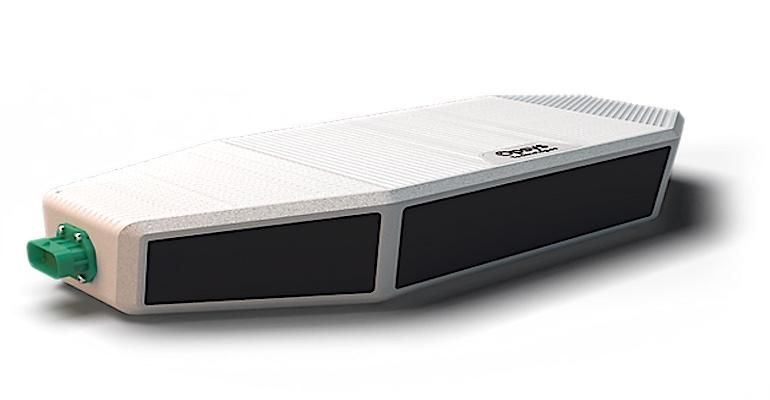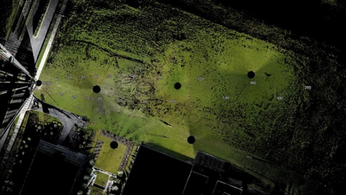
Solid-state Lidar from Opsys is ready for production
Hasco, a Chinese supplier, will use Opsys lidar in its ADAS system.
With the revelation that its no-moving-parts lidar array is under contract with Chinese Tier 1 supplier Hasco for a proposed SAIC vehicle set to debut next year, Israeli startup Opsys Technologies' solid-state lidar technology is taking a step closer to becoming a reality in production.
In order to allow autonomous and semi-autonomous driving applications, Opsys and HASCO started collaborating on lidar technology in 2021.
According to Opsys chairman Eitan Gertel at a press conference, this is significant because, unlike certain ADAS sensor products, Opsys lidar feeds raw point cloud data to the ADAS computer rather than processed object detection.
“After several years of cooperation with Opsys Technologies and extensive testing of the Opsys product, Hasco has selected to work with the Opsys True Solid-State Scanning lidar technology to satisfy customers’ needs,” stated Xie Bin, General Manager of Hasco ADAS Business Unit.
“We plan to deliver mass production quantities of our better automotive ADAS systems including Opsys lidar sensors to our customers beginning in 2024.”

Manufacturing practicality for Opsys is thanks to a huge advantage in silicon yields for its vertical-cavity surface-emitting laser (VCSEL), Gertel reported. “That compares to an 8-to-15 percent yield for horizontal silicon lasers,” he said.
Moreover, Opsys obtains a 90% chance of detection from a 1,000 frames per second ultra-high-speed picture.
Apple's usage of gallium arsenide VCSEL components for their iPhone face recognition system has made this feasible. According to Gertel, the massive consumer electronics market has 1,000-fold reduced the price of this technology.
The Opsys lidar units can be produced in large quantities without the involvement of humans since they are solid-state devices that use consumer electronics technology. According to the business, a fully automated production line is being used to make the gadgets by a Thai contract manufacturer.
Opsys expects to sell "multi-hundreds of thousands of devices" year, with prices predicted to drop to about $150 per unit when four of the units are used to offer 360-degree coverage for automobiles.
LiDAR INSIGHTER Newsletter
Join the newsletter to receive the latest updates in your inbox.





